Indigenous Governance Database
Indian Self-Determination and Education Assistance Act (P.L. 638) 1975

Rae Nell Vaughn: Tribal Court Systems in the 21st Century: The Choctaw Tribal Court System
Former Chief Justice of the Mississippi Choctaw Supreme Court Rae Nell Vaughn provides a detailed overview of the growth and evolution of the Mississippi Choctaw's governance system and specifically its justice system, stressing the importance of Native nations providing a fair, effective,…
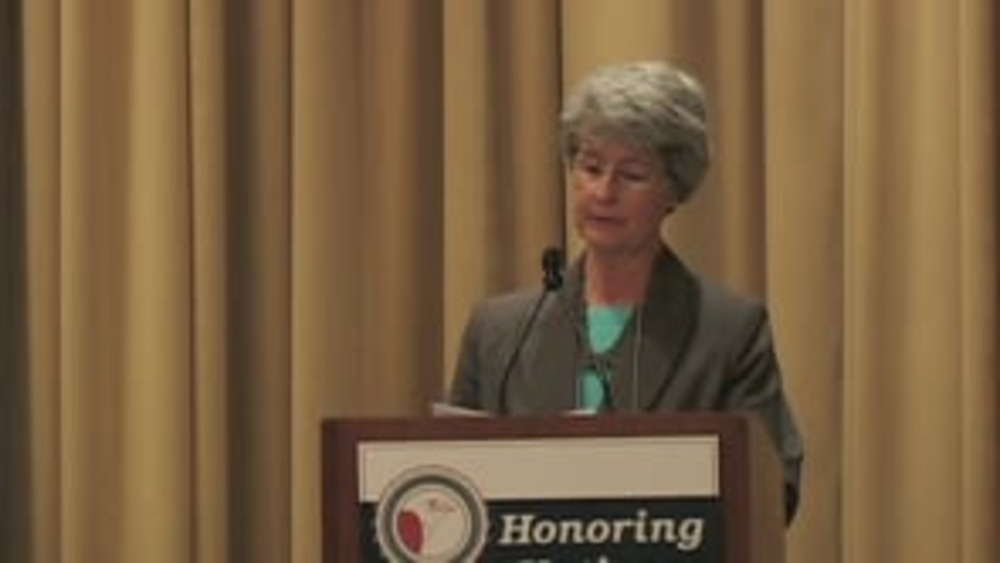
Honoring Nations: Carolyn Finster: Pine Hill Health Center
Pine Hill Health Center Clinic Administrator Carolyn Finster shares the story of how the Navajo people of Ramah capitalized on Public Law 93-638 to take over the education of their children and then their health care through the Pine Hill Health Center, which among other things has introduced…
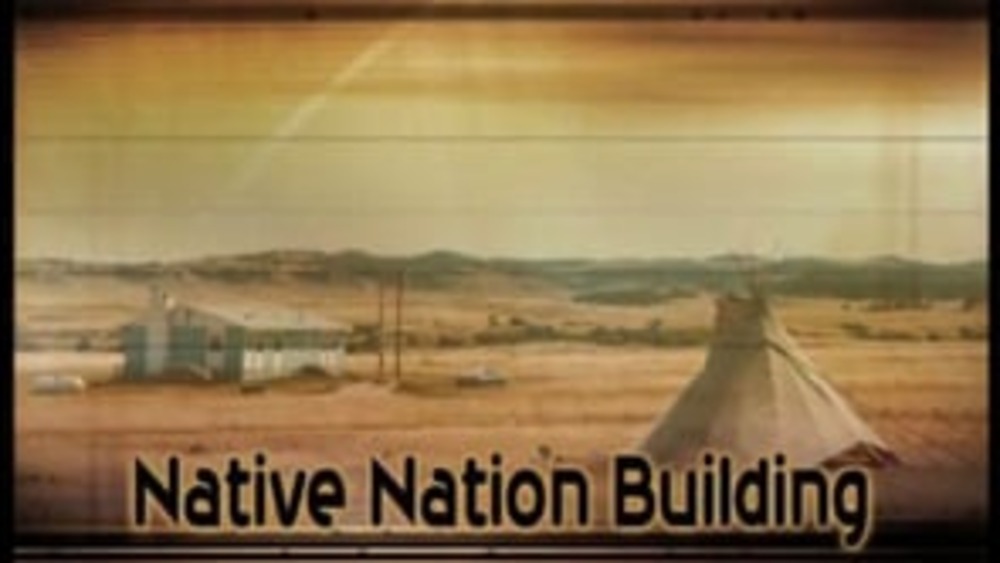
Native Nation Building TV: "Introduction to Nation Building"
Guests Manley Begay and Stephen Cornell present the key research findings of the Native Nations Institute and the Harvard Project on American Indian Economic Development. They explain the five keys to successful community and economic development for Native nations (sovereignty or practical self-…
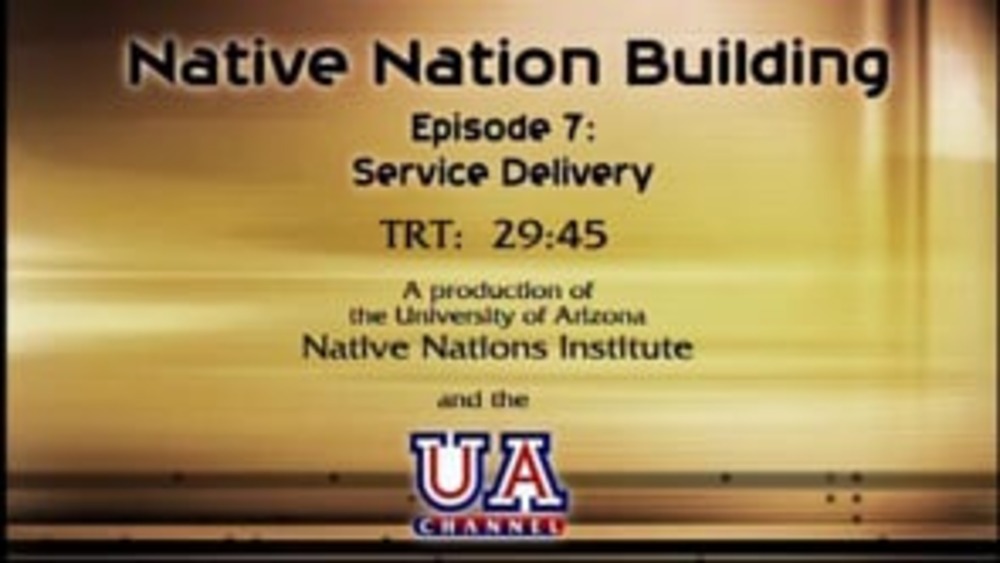
Native Nation Building TV: "Tribal Service Delivery: Meeting Citizens' Needs"
Guests Eddie Brown and Karen Diver discuss tribal program and service delivery across Indian Country. They examine the unproductive ways services and programs have been administered in many Native communities in the past, and the innovative mechanisms and approaches some Native nations are…
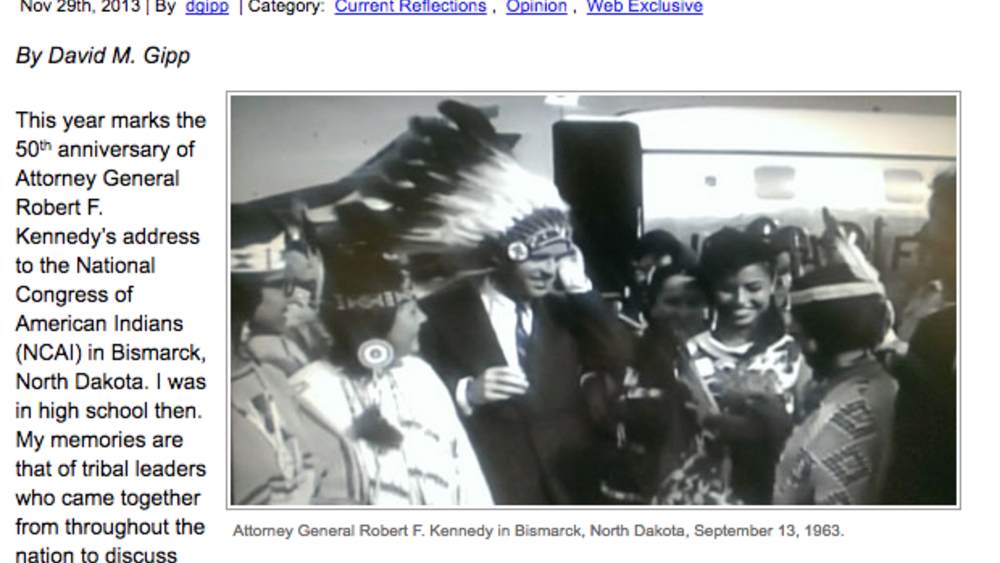
Robert F. Kennedy's Legacy with First Americans
This year marks the 50th anniversary of Attorney General Robert F. Kennedy’s address to the National Congress of American Indians (NCAI) in Bismarck, North Dakota. I was in high school then. My memories are that of tribal leaders who came together from throughout the nation to discuss key issues of…

Key to Indian Development: Self-Government
Beginning late in the last century, the economies of Indian nations in the United States began recording a remarkable turnaround. Since the early 1990s, per capita income on Native American reservations has grown three times faster than have incomes in the nation as a whole. American Indians are…
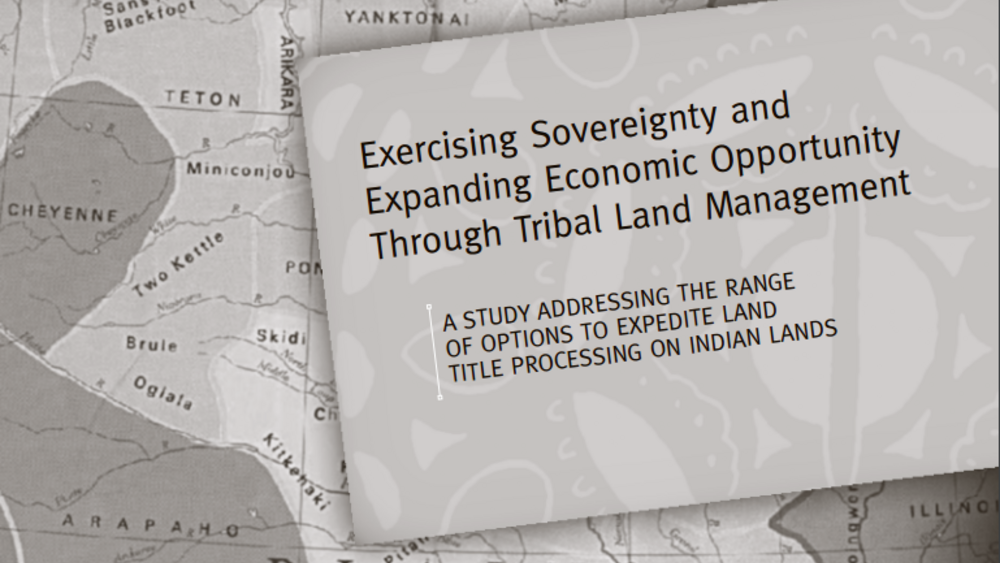
Exercising Sovereignty and Expanding Economic Opportunity Through Tribal Land Management
While the United States faces one of the most significant housing crises in the nation’s history, many forget that Indian housing has been in crisis for generations. This report seeks to take some important steps toward a future where safe, affordable, and decent housing is available to Native…
